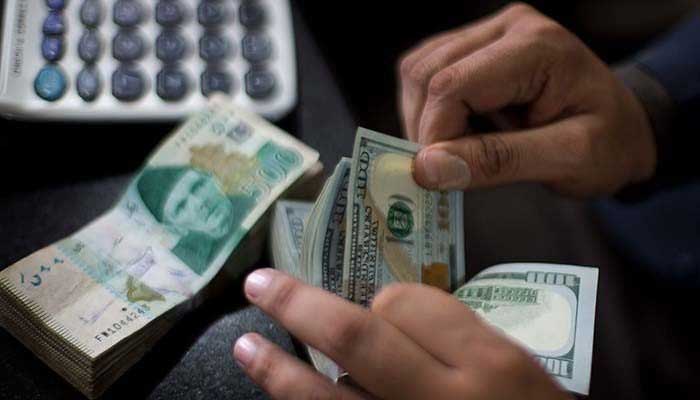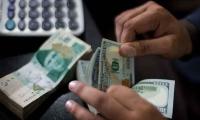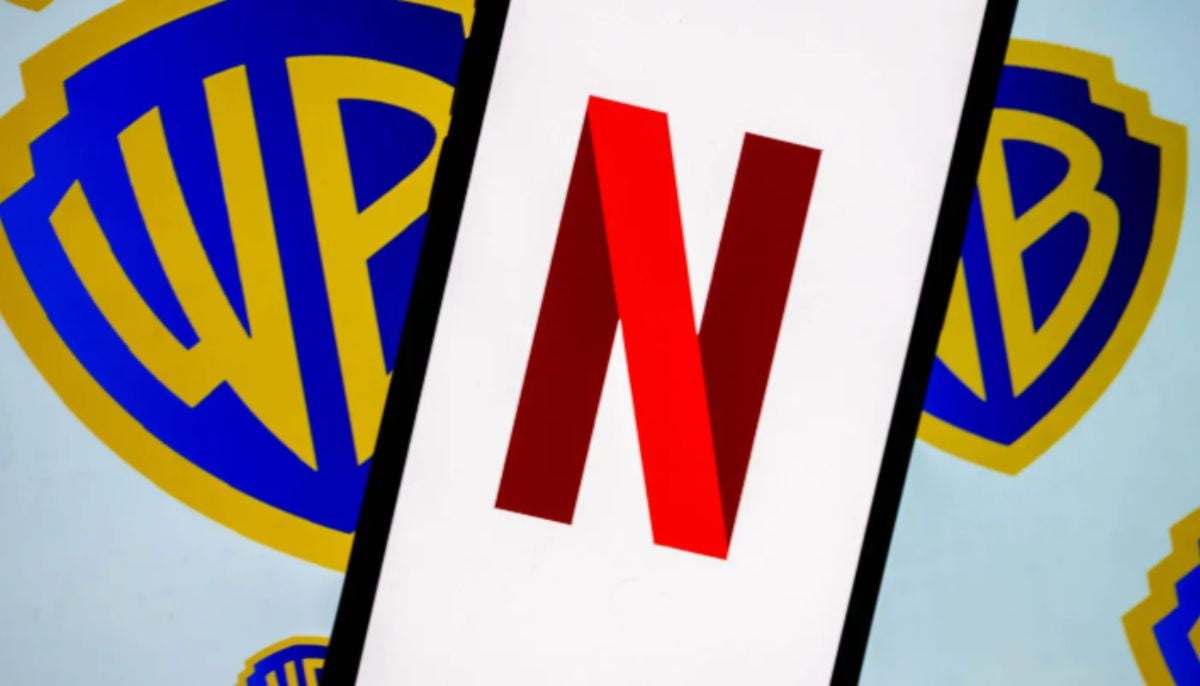Dollar soars against rupee in interbank market
Rupee depreciated by 2.19 against dollar today over IMF deal concerns
KARACHI: Dollar recorded a surge of Rs2.19 against the Pakistani rupee in the interbank market during the intraday trade on Wednesday as the deal with the International Monetary Fund (IMF) delays further.
The local currency closed at 210.10 to a dollar today — the first trading session after five Eid holidays. It ended at 207.91 on Thursday.
Meanwhile, in the open market, the dollar was traded at Rs211.
The rupee-dollar parity has been buffeted by concerns of a delay in the revival of the IMF loan programme.
Commenting on the development, Pakistan-Kuwait Investment Company Head of Research Samiullah Tariq said that two factors are driving the market — the strengthening of the dollar and impending payments.
“The first is the strength of the dollar against other currencies as demonstrated by DXY [...] the second is impending payments, as due to Eid holidays, factories were closed,” he said.
Tariq further said that the remittance inflow was strong before Eid-ul-Azha as overseas Pakistanis send money to their families ahead of the festive season.
But post-Eid, Tariq said, they the remittances have dried up.
In the view of Alpha Beta Core CEO Khurram Schehzad, a 1% or 2% daily volatility was not unusual, but he noted that the finalisaion of the IMF programme will help stabilise the currency market.
He noted that it was a “good thing” that the oil rates were declining in the international market, which will eventually help reduce demand for dollars in the local market for imports.
-
Bitwise Crypto Industry innovators ETF: What investors should do in 2026?
-
Nintendo shares slide again as momentum fears grow
-
Gold, silver prices fallen sharply; What’s driving the drop?
-
Gold’s record climb: Experts question if its safety is ‘overstated’
-
Dubai unveils plans to construct street built with real gold
-
Netflix slams Paramount’s bid: 'Doesn't pass sniff test’ as Warner battle escalates
-
Ubisoft: Shares plunge amid restructuring plan and wave of games cancellations
-
Netflix revises Warner Bros. deal to $83 billion: All-cash offer













